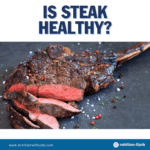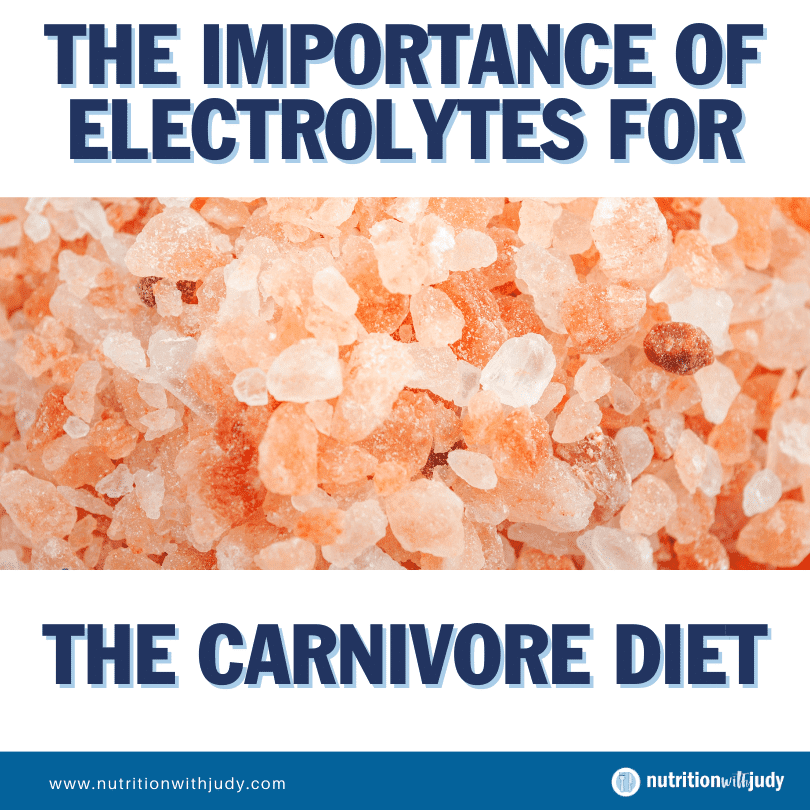

The Importance of Electrolytes for the Carnivore Diet


Transitioning to a carnivore diet necessitates a deep understanding of nutritional needs, including the crucial role of electrolytes. These minerals—such as sodium, potassium, and magnesium—are vital for maintaining hydration, nerve and muscle function, and overall health. On a carnivore diet, where carbohydrate intake is drastically reduced, the body undergoes significant changes, including a shift in fluid balance and electrolyte levels.
This adjustment period can lead to symptoms known as the “keto flu,” with symptoms such as fatigue, headaches, and muscle cramps, all signaling electrolyte imbalance. Understanding and managing electrolyte intake can smooth this transition, ensuring the body adapts more comfortably to its new fuel source, minimizing adverse symptoms, and promoting sustained health and well-being on the carnivore path.
Let’s take a look at the importance of electrolytes on a carnivore diet.
What Is the Carnivore Diet?
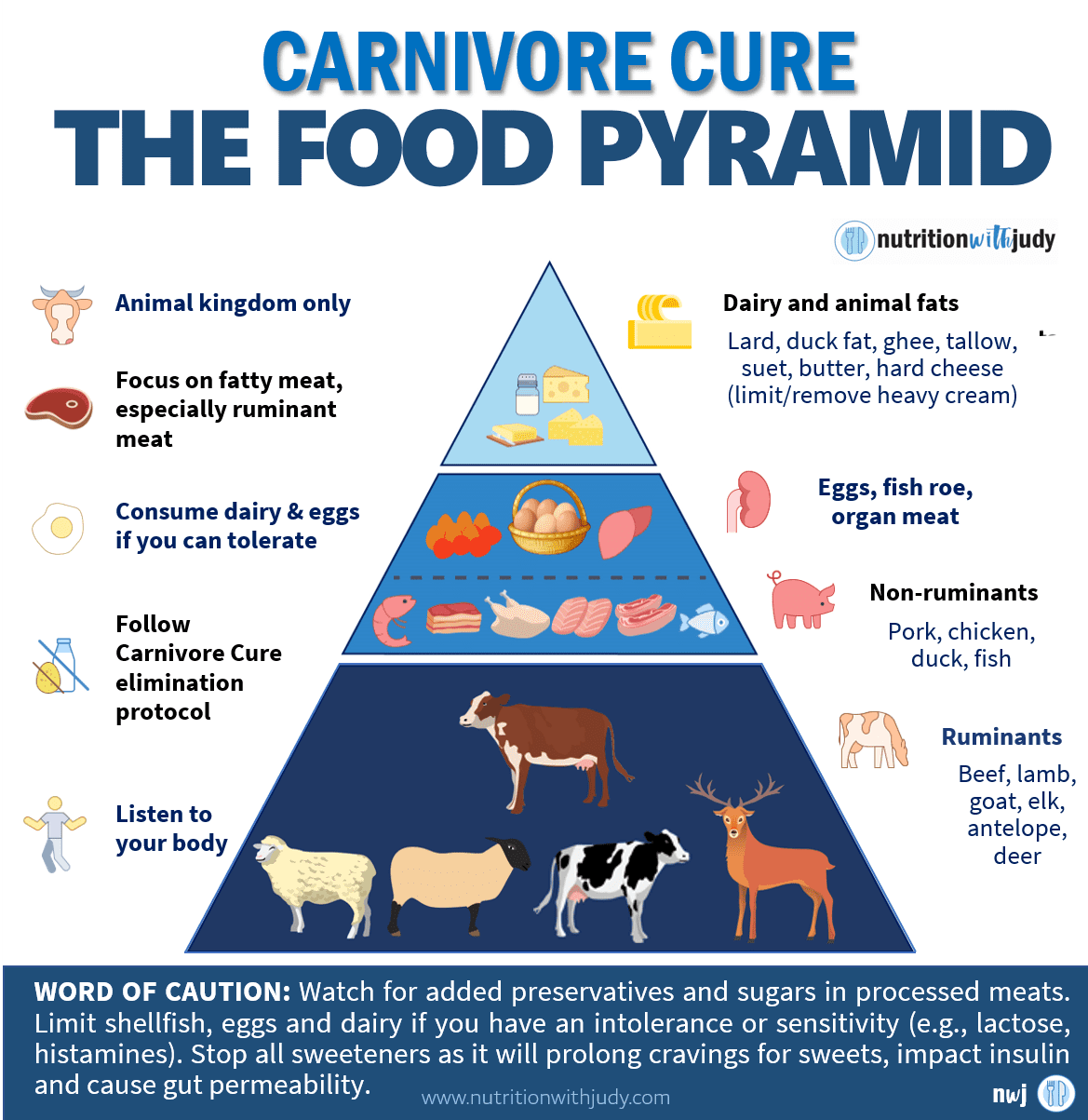

The carnivore diet, centered on animal-based foods, offers various adaptations to meet personal health objectives and preferences. Key variations include:
- Beef-Only Carnivore Diet: Focused on beef for its simplicity and effectiveness, particularly beneficial for those addressing autoimmune or chronic conditions, with a recommendation to diversify meat intake for long-term nutritional balance.
- Lion Diet: This stricter version limits intake to ruminant meats, salt, and water, serving as a foundational elimination diet to support autoimmune and gut health, with possibilities for reintroducing other meats.
- Nose-to-Tail Carnivore Diet: Advocates for a holistic approach by including organ meats for broader nutrient coverage, with advisories on liver and kidney consumption to avoid potential nutrient imbalances.
- Meat-Only Carnivore Diet: Excludes organ meats, dairy, and eggs, focusing on muscle meat from various animals, ideal for those on an elimination diet who tolerate muscle meats well.
- Zero-Carb Carnivore Diet: Emphasizes foods with minimal carbohydrates, incorporating dairy, eggs, and all meats, suitable for those without autoimmune or chronic issues who can tolerate dairy and eggs.
- Carnivore Keto Diet: Combines ketogenic principles with the carnivore approach for a low-carb, high-fat diet, incorporating low-toxicity keto-friendly foods, aimed at individuals with good metabolic health.
- Carnivore-Ish Keto Diet: Offers more flexibility by including ketogenic elements and animal-based foods, with additional keto-friendly options for those without food addiction issues and good metabolic health.
- Animal-Based Diet: Extends beyond strict carnivore guidelines to include fruits, honey, and raw dairy, observed usually only benefit highly metabolically flexible individuals and elite athletes in clinical practice. We generally don’t recommend this variation due to the risks of eating high fat with sugar.
What Are the Benefits of the Carnivore Diet?
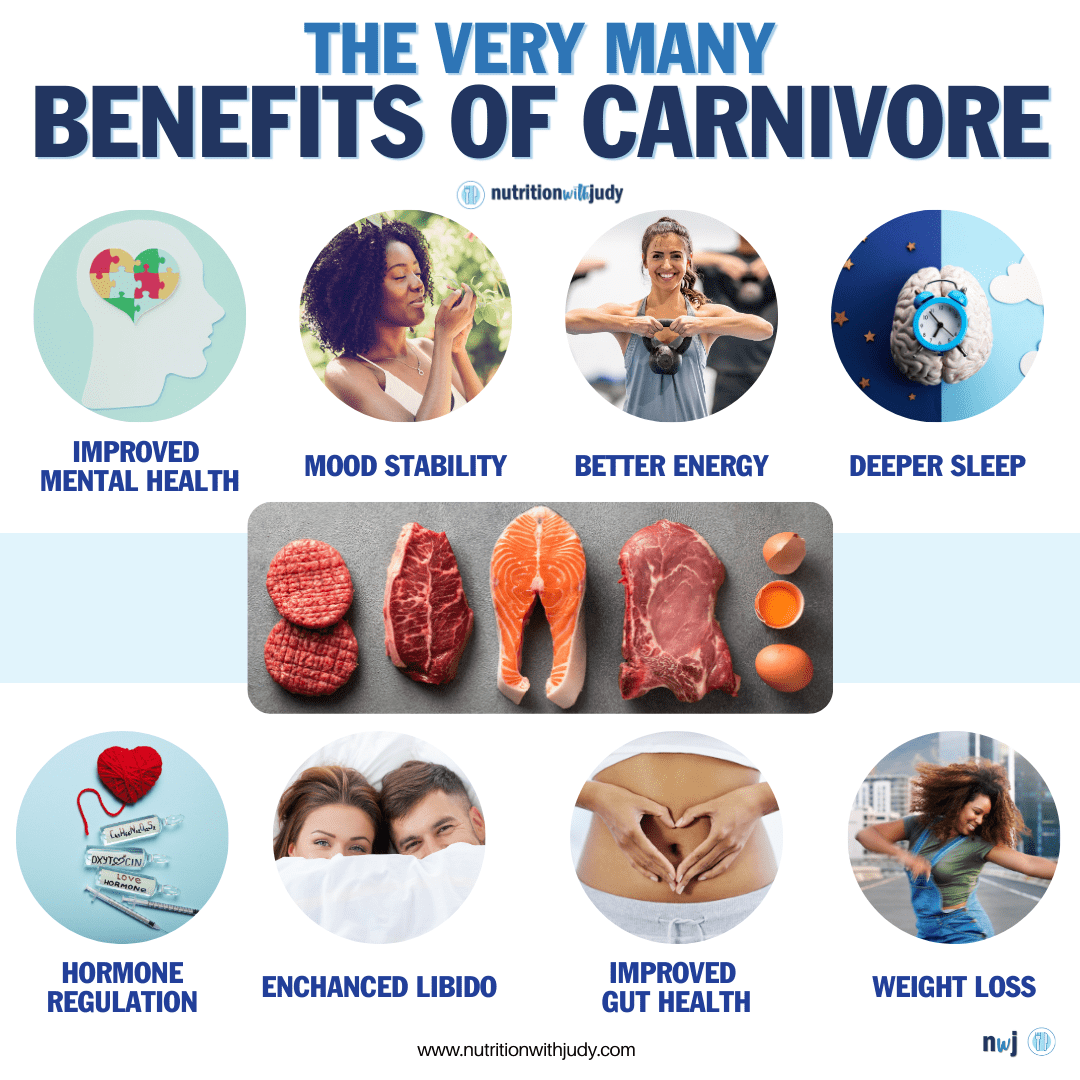

The carnivore diet, focusing exclusively on animal products, offers a range of benefits that attract individuals seeking to improve their health and lifestyle. This diet is hailed for its simplicity and potential to provide significant health improvements, including enhanced weight loss, reduced inflammation, and improved digestive health. It eliminates processed foods and carbohydrates, which are often linked to various health issues, thus potentially reducing the risk of chronic diseases.
One of the primary benefits of the carnivore diet is weight loss. By prioritizing high-protein and high-fat foods, it can increase satiety and reduce overall calorie intake. The diet’s low-carb nature also leads to decreased insulin levels, promoting fat burning and further supporting weight management.
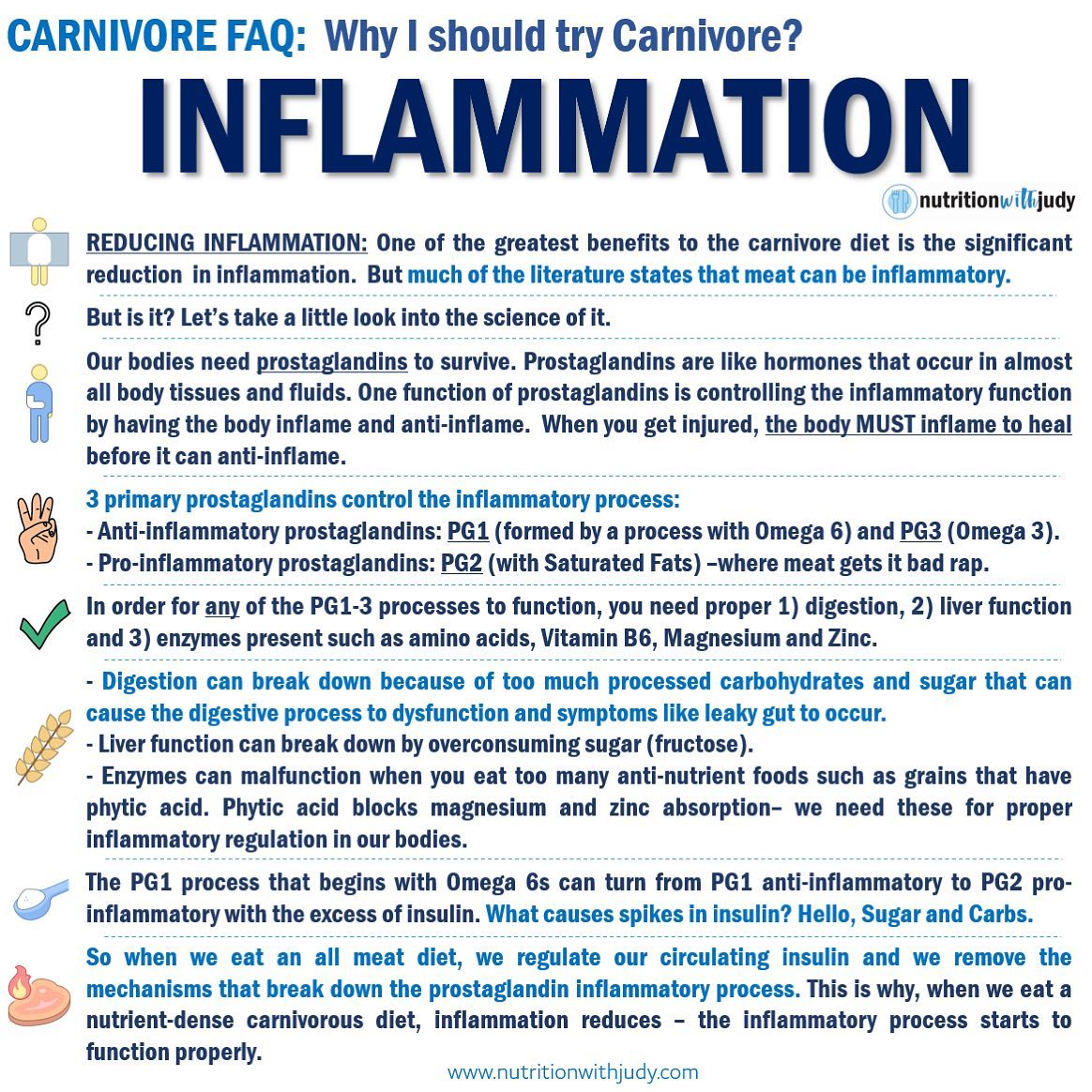

Another key advantage is the reduction of inflammation. Animal foods are rich in nutrients that support inflammation reduction, such as omega-3 fatty acids found in fish. By eliminating plant-based foods that can contain anti-nutrients and irritants, the diet may help alleviate chronic inflammation, benefiting conditions such as arthritis and autoimmune diseases.
Digestive health can also improve on the carnivore diet. Without fibrous plant foods, the digestive system may have fewer irritants and anti-nutrients to process, potentially reducing symptoms of IBS, bloating, and other gastrointestinal issues.
Mental health improvements have been reported as well. Some individuals experience enhanced mood and cognitive function, likely due to the high levels of omega-3 fatty acids, vitamins, and minerals in animal products that are crucial for brain health.
Nutrient density is another compelling reason to try the carnivore diet. Animal products are packed with essential nutrients in highly bioavailable forms, including vitamins B12, D, and zinc, supporting overall health and well-being.


For those with food sensitivities or autoimmune conditions, the carnivore diet acts as an elimination diet, helping to identify food triggers and alleviate symptoms by focusing on a limited range of foods.
Finally, the simplicity of the carnivore diet is appealing. It offers a straightforward approach to eating without the need for counting calories or macros, making it easier for some to stick to and integrate into their lifestyle.
The carnivore diet presents a unique approach to nutrition that can offer numerous health benefits. From weight loss and reduced inflammation to improved digestive and mental health, its simplicity and focus on nutrient-dense animal products make it an attractive option for individuals looking to optimize their health and dietary habits.
Why Are Electrolytes So Important for Transitioning to the Carnivore Diet?
Transitioning to a carnivore diet entails a significant shift from carbohydrates to fats as the primary energy source. This change triggers a metabolic adaptation, known as ketosis, where the body becomes efficient at burning fat for energy. During this transition, the body excretes more water as it uses up glycogen stores, leading to a reduction in electrolyte levels.
Electrolytes, including sodium, potassium, and magnesium, are crucial for various bodily functions, such as maintaining fluid balance, nerve signal transmission, and muscle contractions. The increased water and electrolyte loss can result in symptoms often referred to as the “keto flu,” including fatigue, headaches, and cramps, highlighting the importance of electrolyte supplementation during the initial phases of the carnivore diet.
Adequate intake of electrolytes helps mitigate these symptoms, ensuring a smoother transition and supporting optimal health and performance on a low-carb, high-fat diet.
Will I Need Electrolytes Long-Term On a Carnivore Diet?


When transitioning to a carnivore diet, the body undergoes significant metabolic changes, initially increasing the need for electrolytes. However, as the body adapts to utilizing fats instead of carbohydrates for energy—a process that can take several weeks to months—this heightened demand for electrolytes diminishes.
The kidneys adjust to the diet’s low-carb nature, becoming more efficient at retaining essential electrolytes rather than excreting them. Consequently, once fully adapted to the carnivore lifestyle, most individuals find that they no longer require supplemental electrolytes beyond what is obtained from their diet, assuming a balanced intake of animal products that include sources of sodium, potassium, and magnesium.
This adaptation highlights the body’s remarkable ability to adjust to dietary changes and maintain electrolyte balance for optimal function.
Nearly all our clients take electrolytes when they start working with us. If you’re new to low carb, fine, but as the body has to recalibrate minerals with less water (and glycogen) stores. If you’re 6 months into this way of eating, you probably don’t need it.
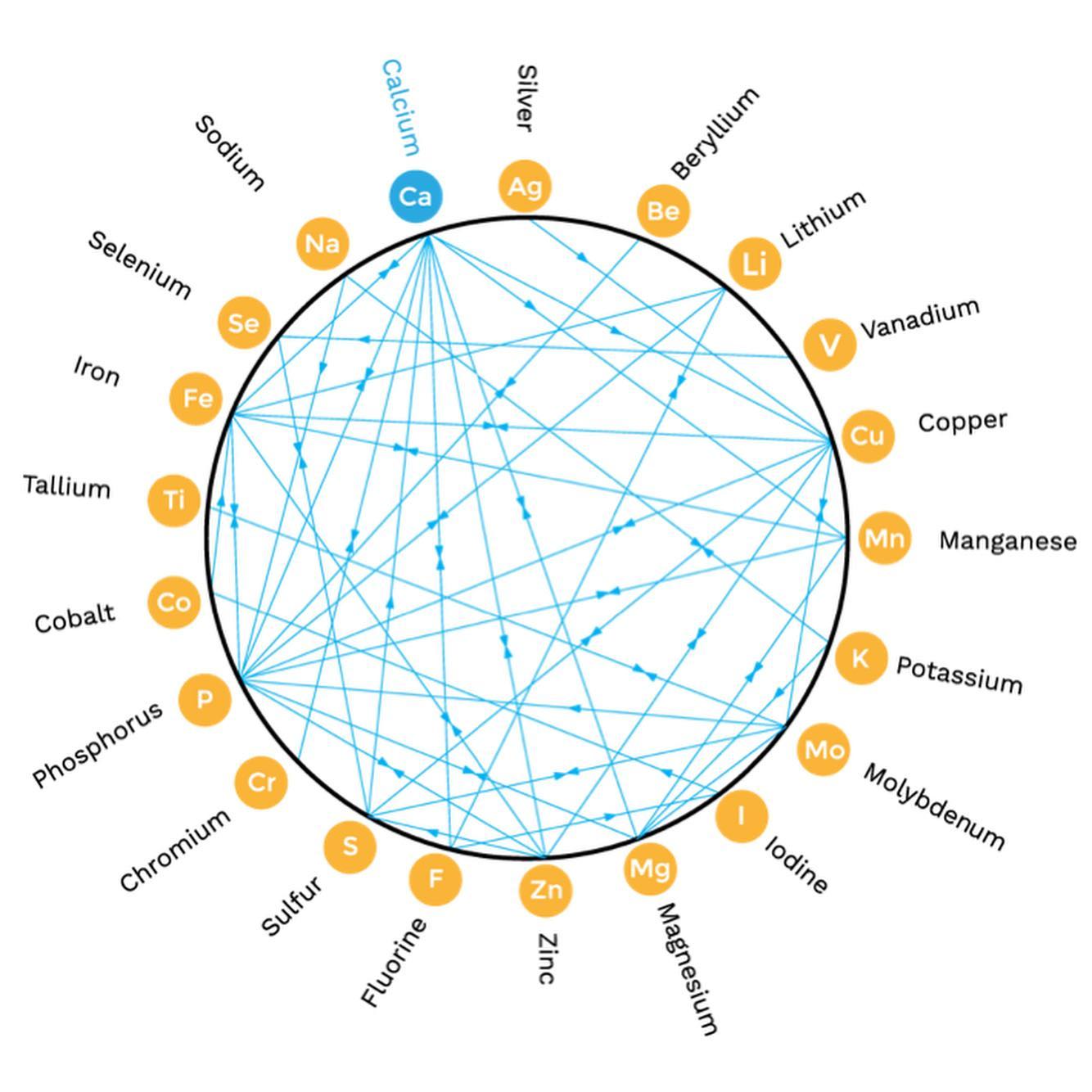

If you take electrolytes daily and just one day of stopping causes issues, you may be playing mad chemist. If you supplement magnesium and potassium (and even calcium)—in any form, you may never allow your body to find a new balance. Minerals are spark plugs. They make things happen in the body. But if you tinker, it may throw off everything (see the mineral wheel).
We have clients remove all electrolytes and have them start with unrefined mineral salt, soaked overnight (sole water). This allows the minerals to saturate the water and they are more bioavailable for absorption (all 80 of them).
Troubleshooting Electrolytes and the Carnivore Diet
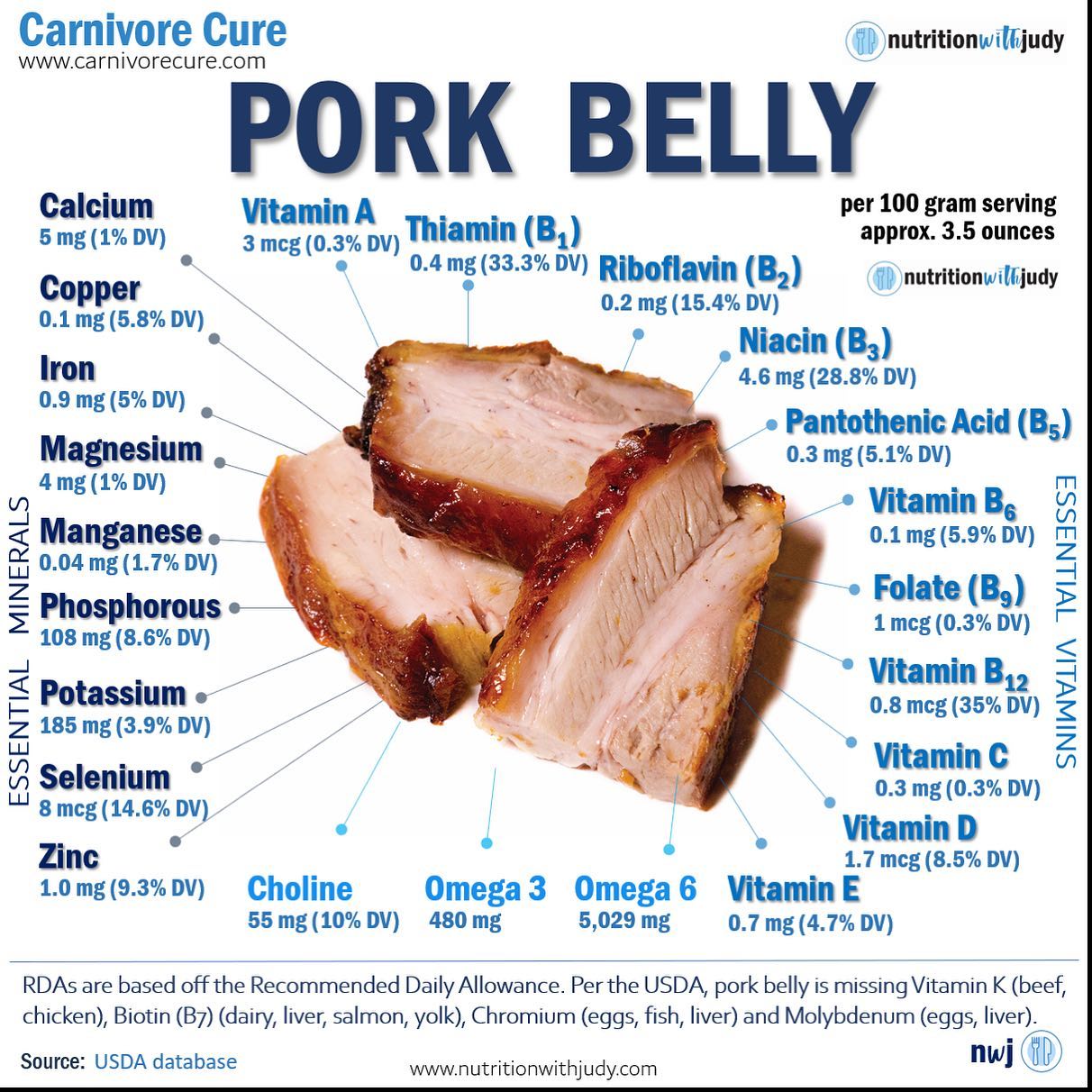

Troubleshooting electrolyte balance on the carnivore diet often involves starting with natural solutions such as sole water and topical magnesium. These methods are recommended because many electrolyte drinks and powders contain unwanted fillers and artificial ingredients that may disrupt your overall mineral balance.
Sole water, made by dissolving unrefined mineral salt (we generally recommend Redmond’s Real Salt – use code “NWJ” for 15% off) in water, provides a balanced spectrum of minerals. Topical magnesium, applied directly to the skin, can improve magnesium levels without gastrointestinal discomfort. These approaches help maintain electrolyte equilibrium without risking mineral imbalance.
You can also add pork or salmon. Pork is rich in thiamin (B1) which helps with mineral balancing. B1 helps to burn carbs (even protein converted to sugars). If your blood sugar is higher on carnivore, try seeing if pork will help. And since B1 is water-soluble, it can’t be stored. You need a steady amount.
One day a week of pork or salmon, may not cut it. If your heart rate goes up, your hands tingle, or your eyes twitch, you may need some B1. And B1 is limited in beef (even liver). Try pork or salmon instead.
Can’t Tolerate the Carnivore Diet Without Electrolytes?
Individuals on the carnivore diet for over six months who continue to require electrolytes to avoid symptoms may need to investigate deeper underlying conditions, such as Chronic Inflammatory Response Syndrome (CIRS). CIRS is a complex condition that involves an exaggerated immune response to environmental toxins, leading to chronic inflammation and electrolyte dysregulation.
Persistent reliance on electrolyte supplementation suggests that the diet alone may not address all underlying health issues. In such cases, a thorough medical evaluation is recommended to identify and treat any root causes contributing to the ongoing symptoms.
Other Carnivore Diet Transition Tips
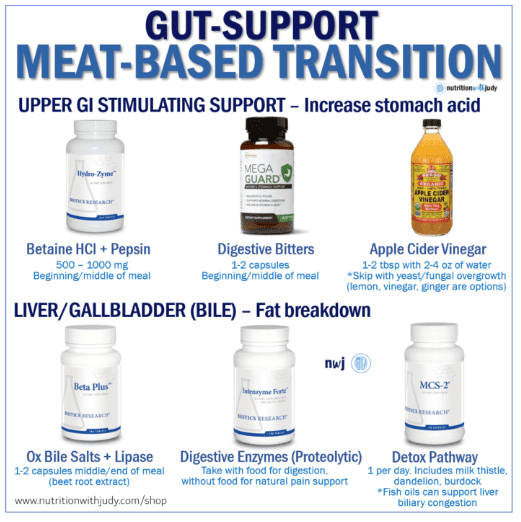

Transitioning from a high-carb diet to a carnivore diet involves a significant shift in your body’s primary energy source, which can be challenging. To facilitate a smoother transition, here are several strategies:
- Gradual Reduction of Carbohydrates: Slowly lowering your carb intake can help minimize withdrawal symptoms and reduce cravings.
- Increase Fat and Protein: Boosting your intake of fats and proteins helps maintain satiety, ensuring you feel full longer and stabilize energy levels.
- Hydration: Drinking plenty of water is crucial to help flush out toxins and support kidney function during the metabolic shift.
- Bone Broth: Rich in minerals and electrolytes, bone broth can help replenish what’s lost during the transition period, aiding in hydration and mineral balance. If you have histamine issues, you may need to limit or avoid bone broth temporarily as you heal.
- Sole Supplementation: As your body adjusts, supplementing with electrolytes can help prevent symptoms such as fatigue and cramps. We recommend supplementing with sole water instead.
- Flexible Transition Period: Allowing yourself a flexible timeline to fully transition can reduce stress and make the process more manageable.
- Light Exercise: Engaging in light, regular exercise can improve insulin sensitivity and enhance metabolic flexibility, aiding in the transition to fat burning.
- Community Support: Joining carnivore diet forums or groups can provide emotional support, practical tips, and motivation from those who have undergone similar transitions.
- Mindful Eating: Paying attention to how different foods affect your body during the transition can provide insights into what works best for you.
By implementing these strategies, individuals can better manage the initial challenges of transitioning to a carnivore diet, paving the way for a more successful and sustainable lifestyle change.
Closing Thoughts On Electrolytes and the Carnivore Diet
On the carnivore diet, electrolyte management is crucial due to the metabolic shift from carbohydrates to fats, necessitating initial supplementation to prevent “keto flu” symptoms. Natural solutions such as sole water and topical magnesium are preferred for their purity. Over time, the body adapts, reducing the need for additional electrolytes.
Persistent supplementation needs may signal underlying issues such as CIRS, suggesting a deeper health evaluation. Transition strategies include gradually reducing carbs, increasing fats and proteins, staying hydrated, and seeking community support to ensure a smoother adaptation to this diet lifestyle.
Work With Our Trusted Carnivore Diet Functional Nutritional Therapy Practitioners
The Nutrition with Judy practice is honored to be a trusted carnivore diet practitioner support serving clients from around the globe. We’re passionate about helping our clients achieve root-cause healing in order to lead the best quality of life possible that’s nearly symptom-free. Our team is dedicated to educating our community about the incredible benefits of the carnivore diet. We welcome you to explore our free resources and are always available to support you through personalized protocols. Our Symptom Burden Assessment (SBA) is the perfect starting point for discovering your root cause and is required to work with our team— you can learn more in-depth about this powerful tool here.
Start your root-cause healing journey today and contact us any time with any questions or concerns.
DISCLAIMER: This content is for educational purposes only. While we are board-certified in holistic nutrition and are nutritional therapy practitioners, we are not providing medical advice. Whenever you start a new diet or protocol, always consult with your trusted practitioner first.





